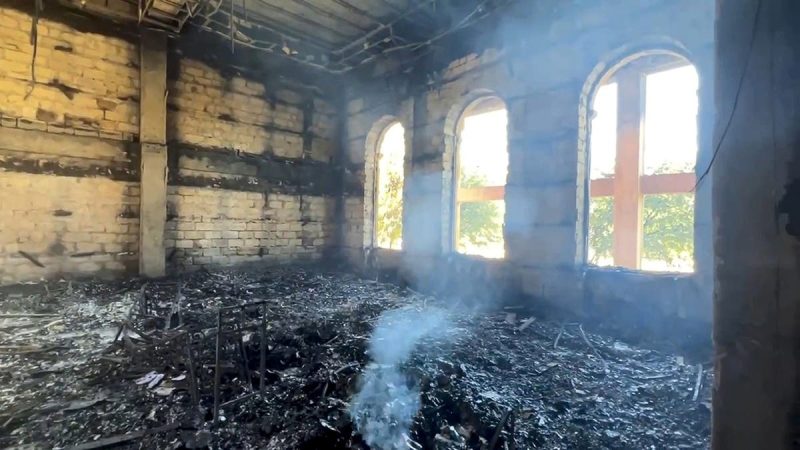In recent years, the global community has witnessed a rise in violent attacks targeting religious institutions, particularly synagogues and churches. These acts of terrorism strike at the very heart of communities and have devastating consequences for innocent lives. The tragic events unfolding in Russia are a stark reminder of the urgent need to address the root causes and prevent such senseless violence.
Russian officials have pointed to the presence of Islamic sleeper cells as the perpetrators behind the recent spate of attacks on synagogues and churches, which have resulted in a death toll of 20 individuals. This revelation underscores the complex nature of religious extremism and the challenges in combating clandestine terrorist networks.
The targeting of religious institutions is a cowardly and heinous act that goes against the fundamental principles of tolerance, understanding, and coexistence among different faith communities. These attacks not only claim the lives of innocent worshipers but also seek to sow seeds of fear and division within society.
The Russian government’s efforts to address this escalating crisis must prioritize intelligence gathering, coordination among security agencies, and cooperation with international partners to disrupt and dismantle terrorist networks. It is crucial to implement robust security measures at religious sites to protect worshippers and deter potential attackers.
In addition to security measures, addressing the underlying grievances that fuel extremism is essential to preventing future attacks. Socio-economic disparities, political grievances, and religious radicalization are often cited as contributing factors to violent extremism. Therefore, investing in inclusive development programs, promoting interfaith dialogue, and strengthening community resilience are critical components of a comprehensive counterterrorism strategy.
Furthermore, fostering a culture of tolerance, respect, and understanding among different religious communities is key to building cohesive societies resilient to extremist ideologies. Education plays a vital role in promoting values of peace, empathy, and mutual respect among individuals from diverse backgrounds.
As the death toll in attacks on synagogues and churches continues to rise, the international community must stand united in condemning terrorism in all its forms and manifestations. Solidarity, cooperation, and a collective commitment to upholding human rights and religious freedom are essential in tackling the scourge of extremism and safeguarding communities from the threat of violence.
In conclusion, the attacks on synagogues and churches in Russia serve as a somber reminder of the urgent need for concerted action to address religious extremism and safeguard the sanctity of religious institutions. By addressing the root causes of extremism, enhancing security measures, promoting interfaith dialogue, and fostering a culture of tolerance, societies can work together to prevent future tragedies and uphold peace and harmony among all faith communities.

